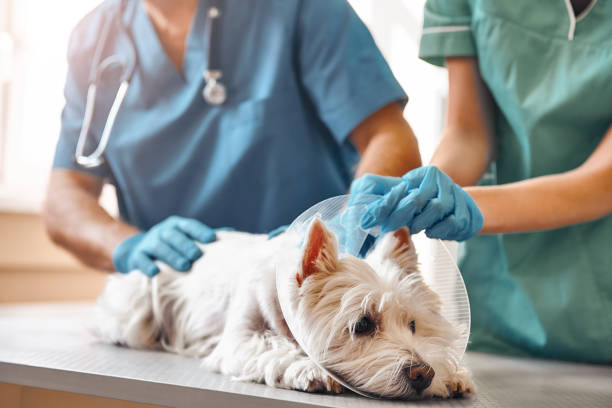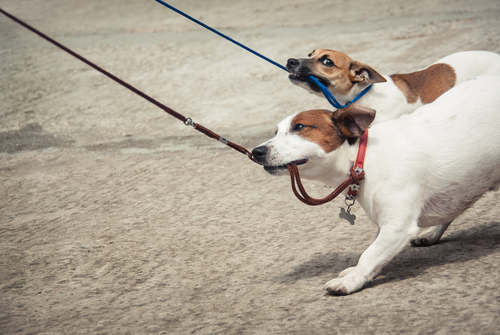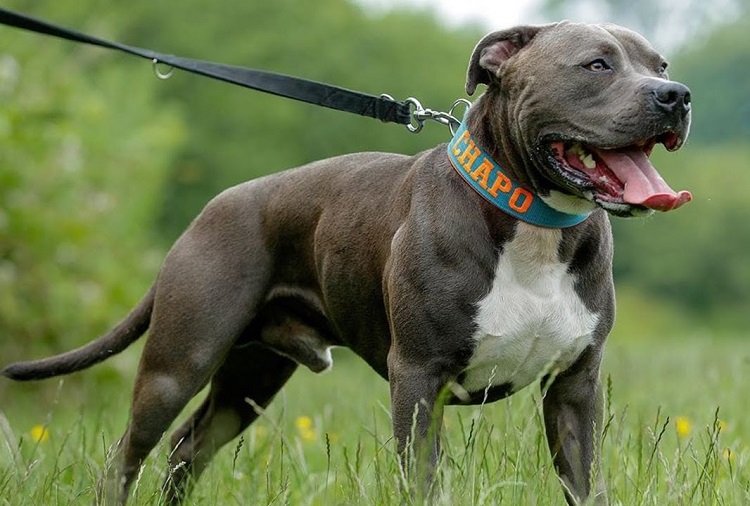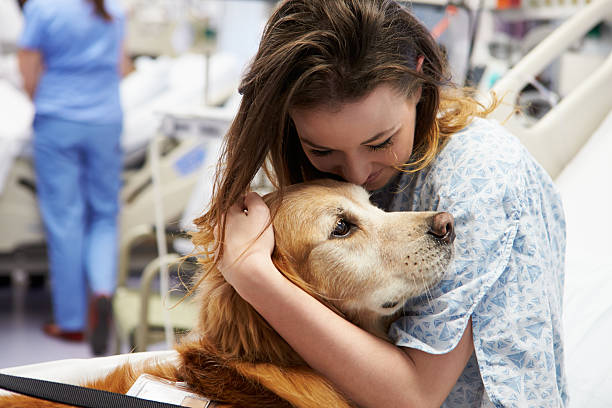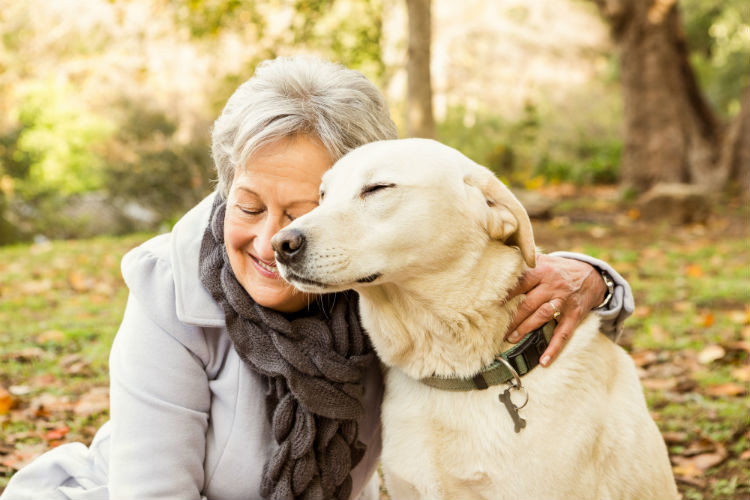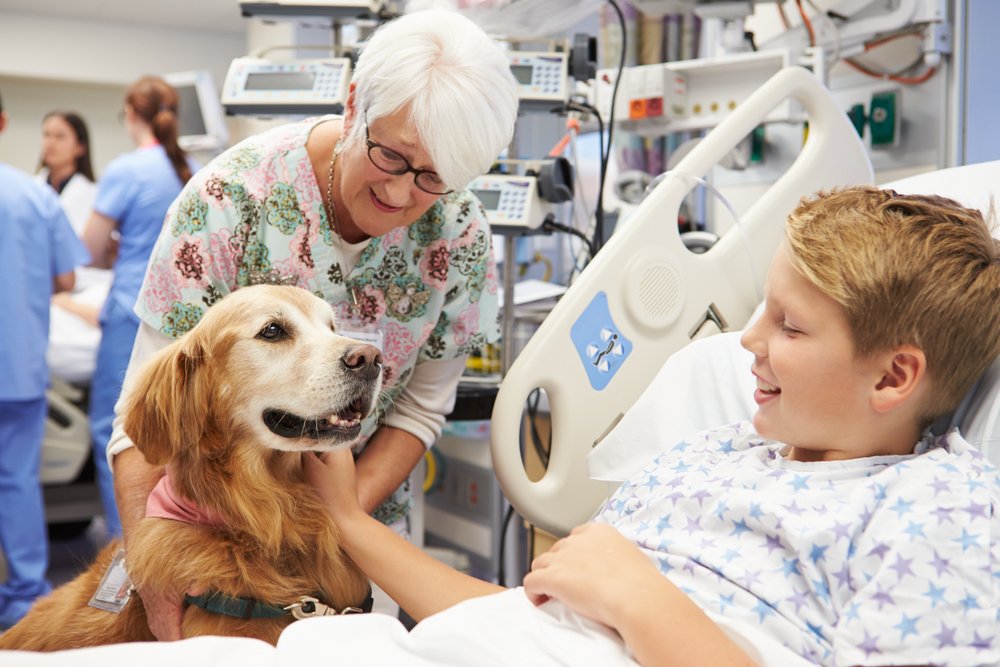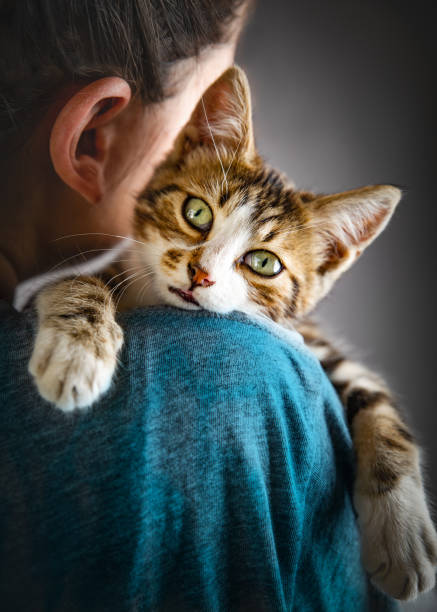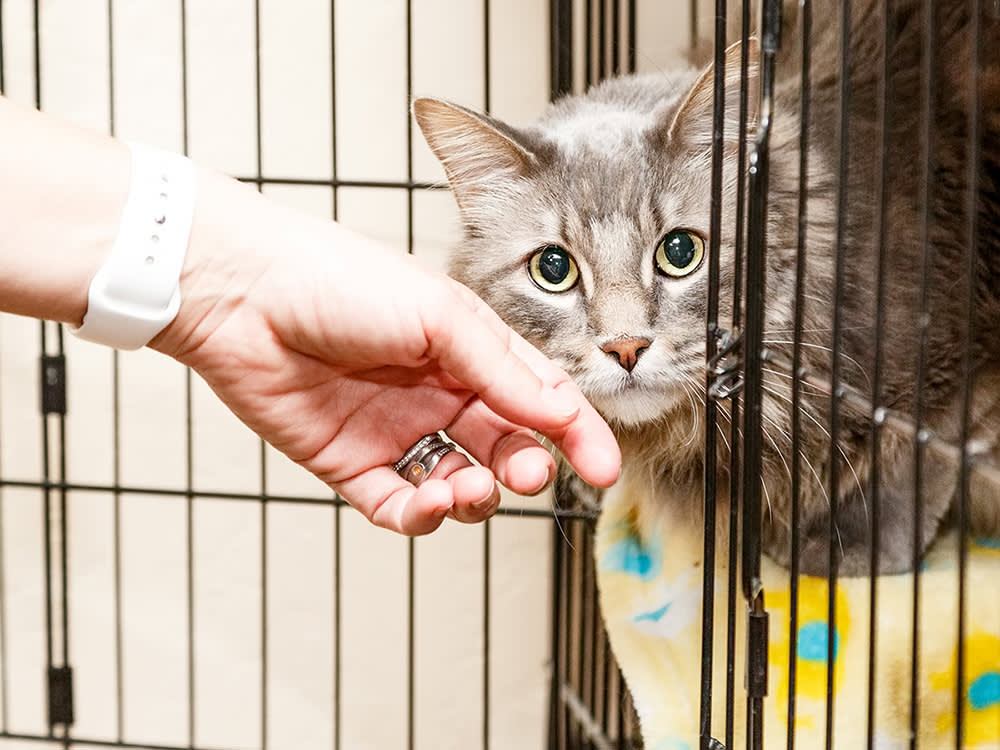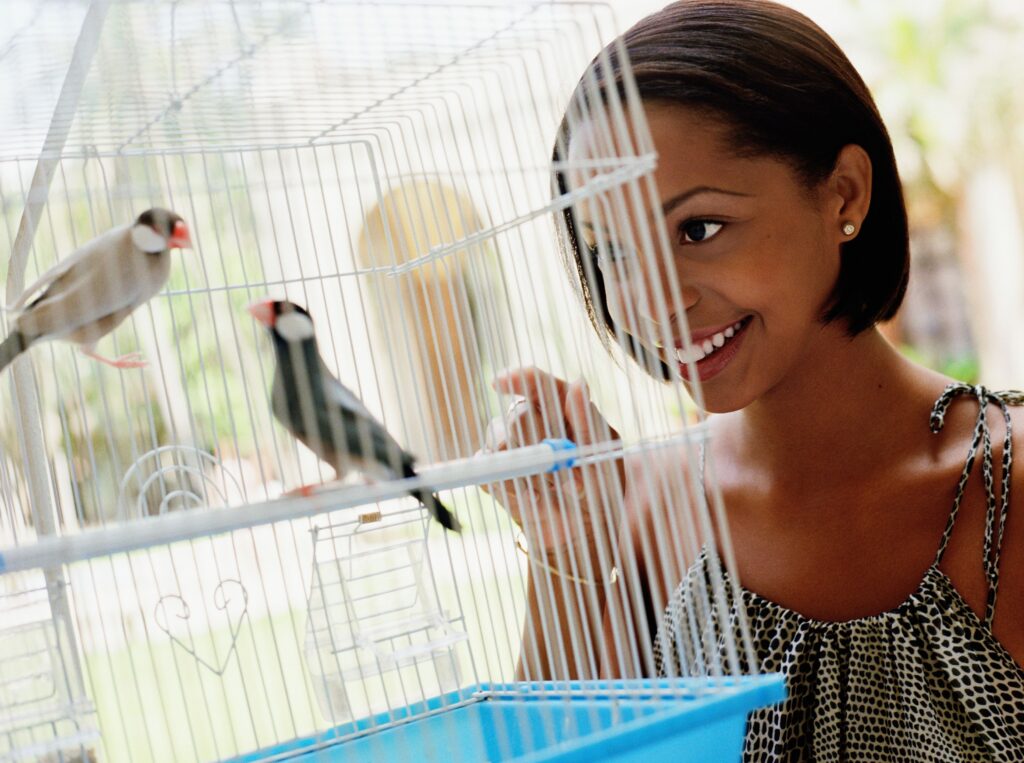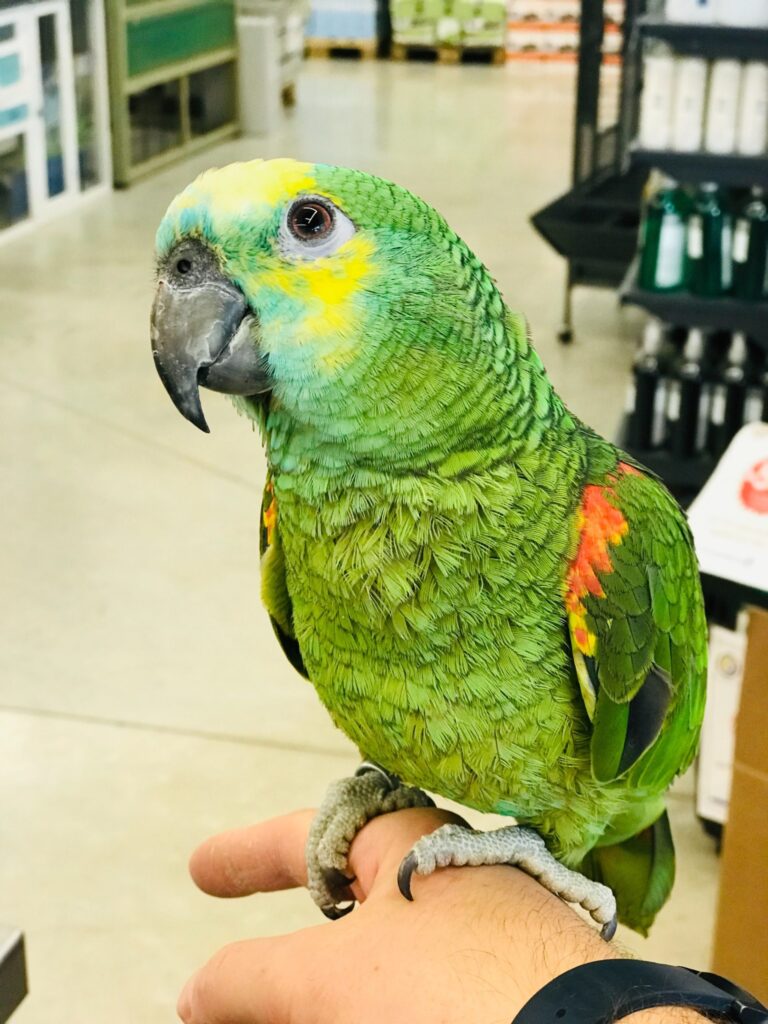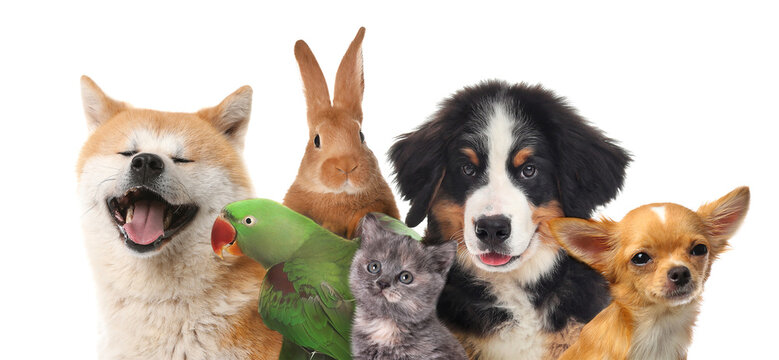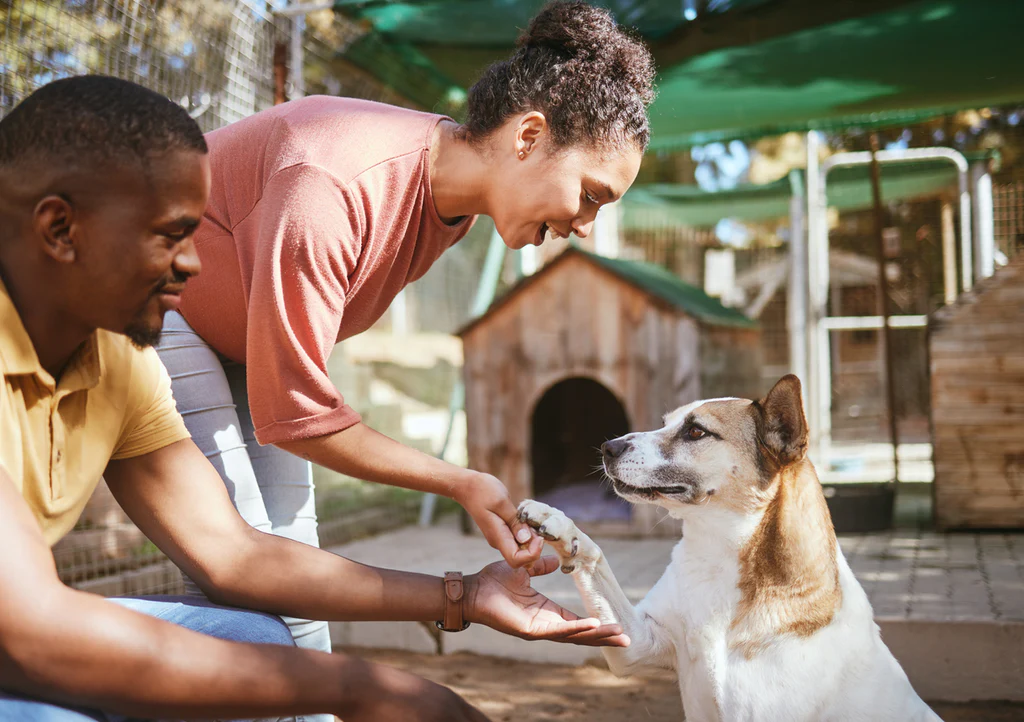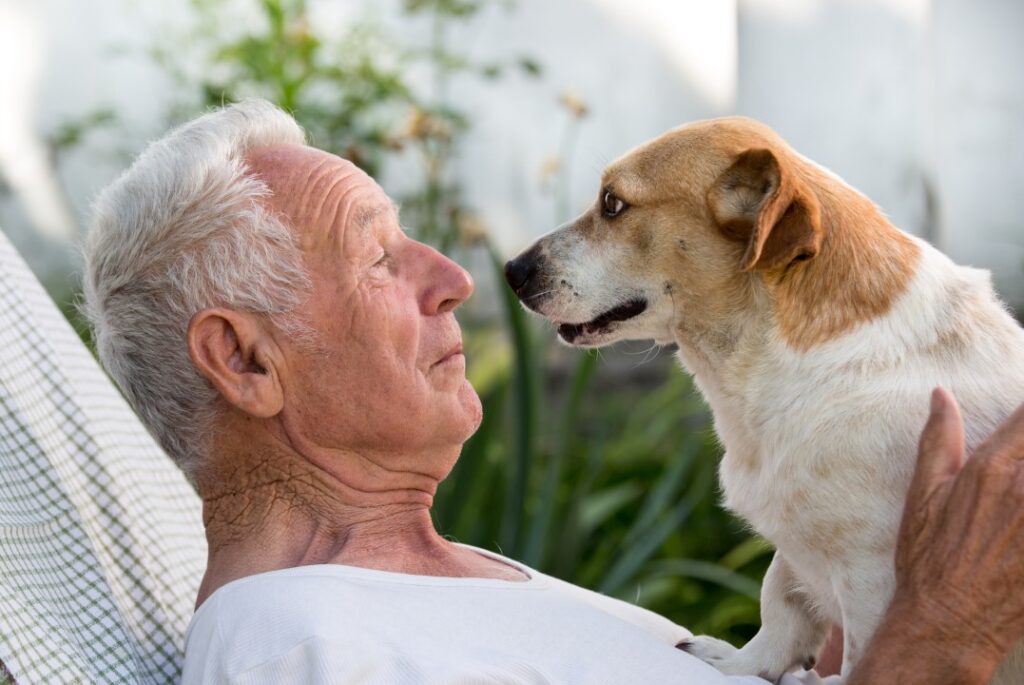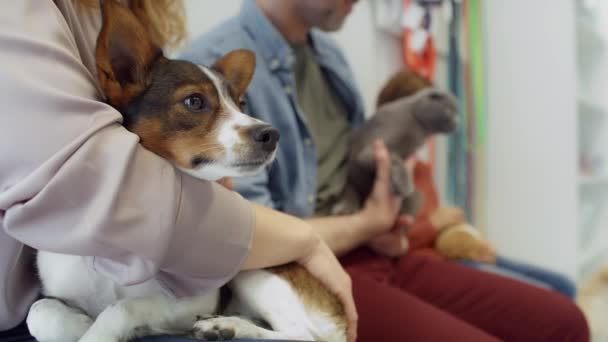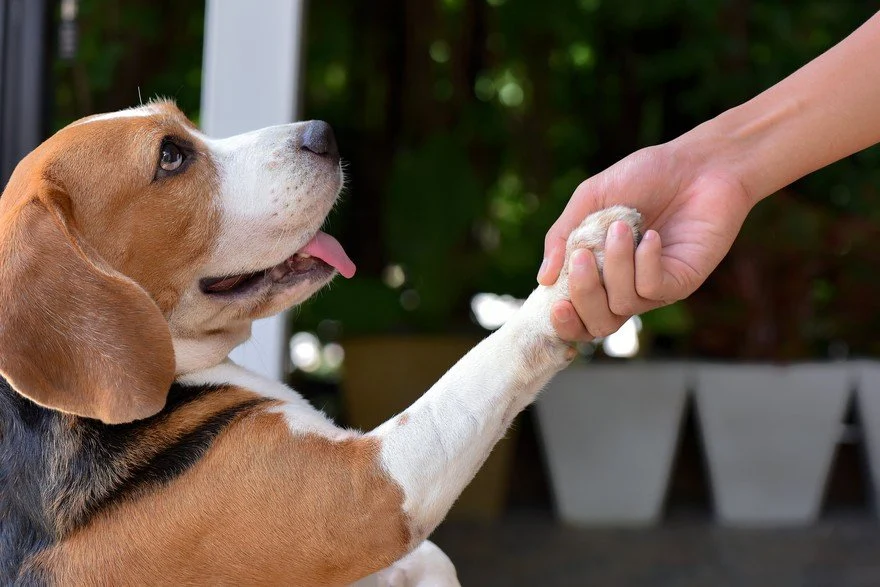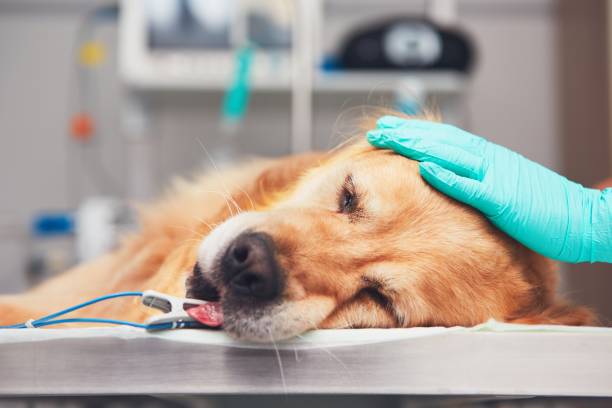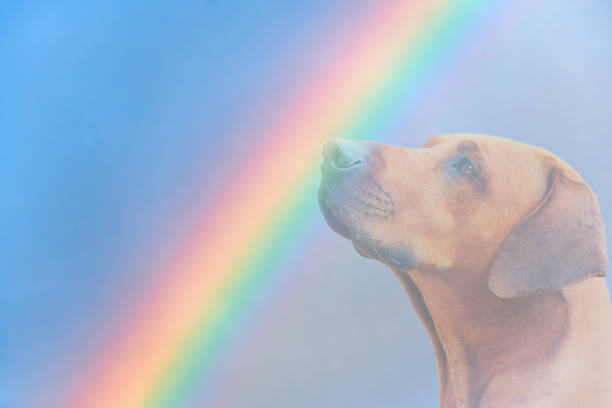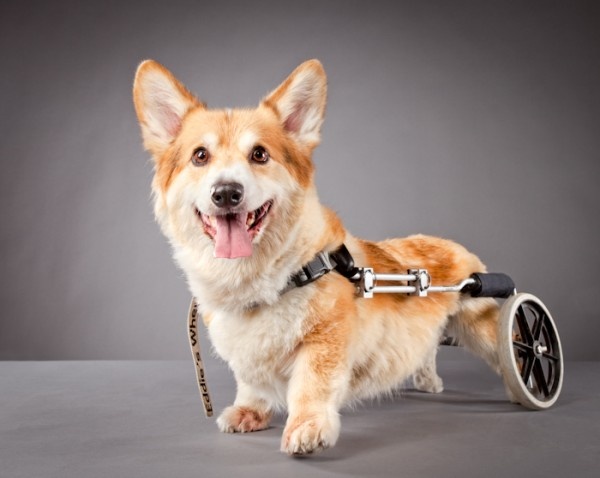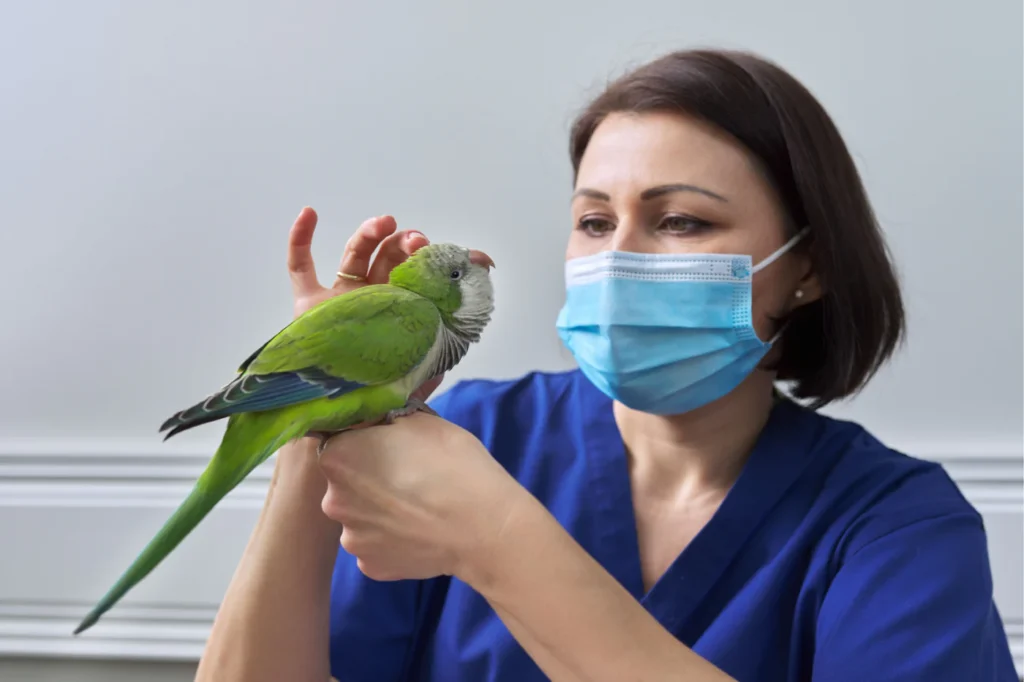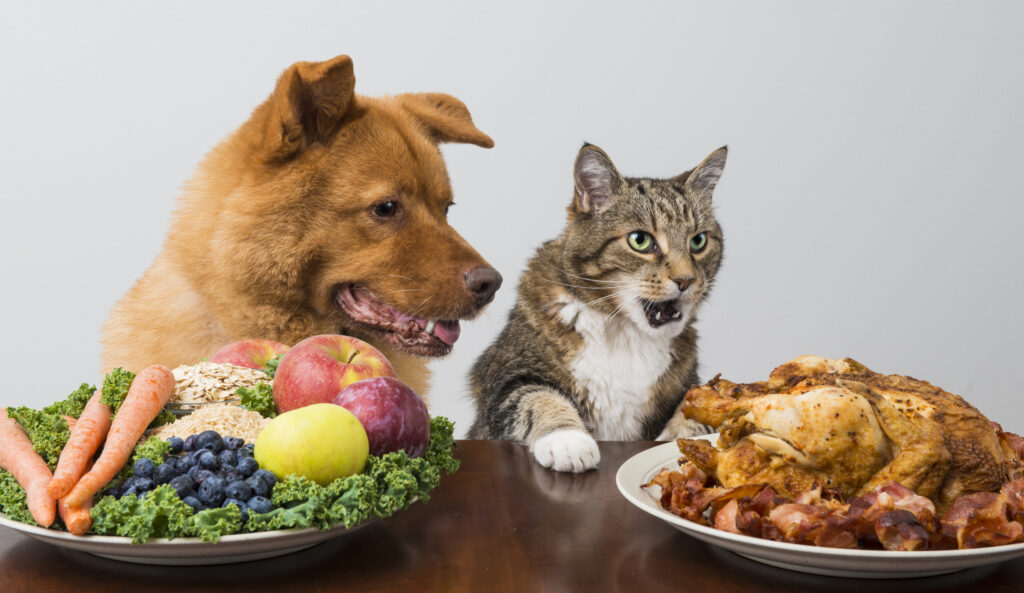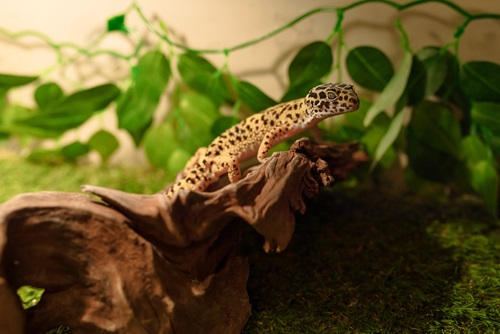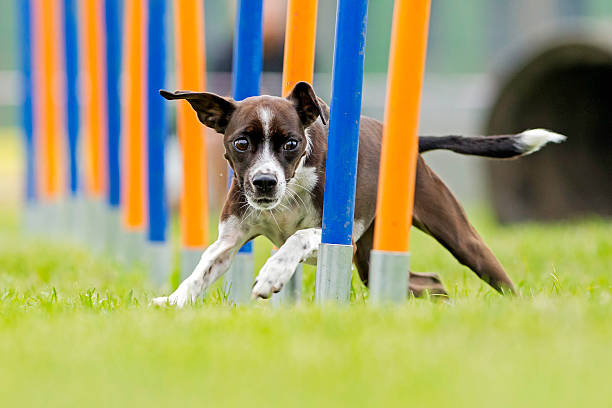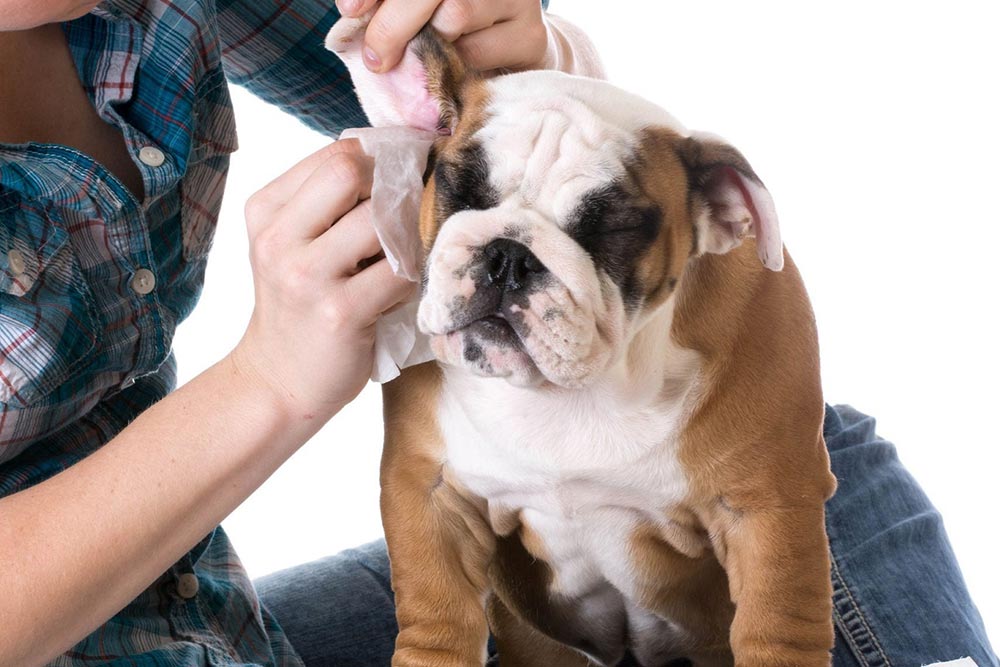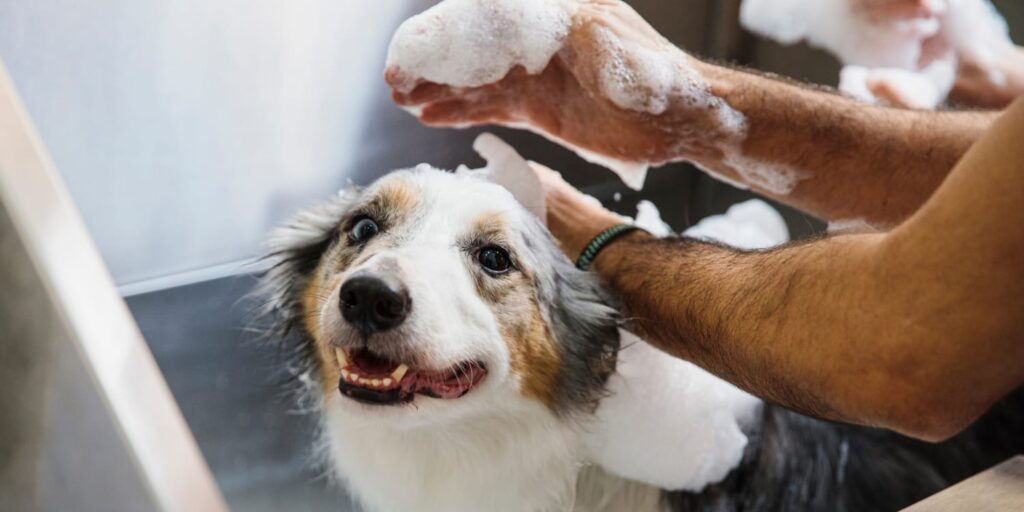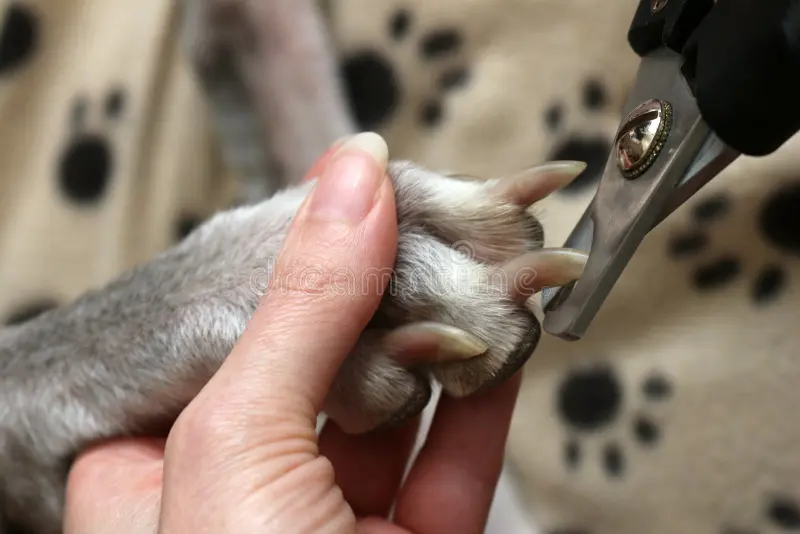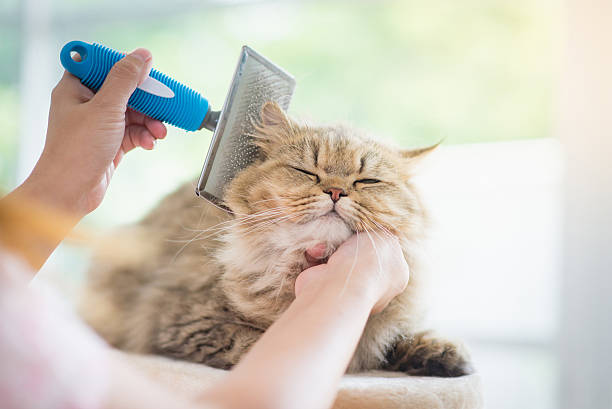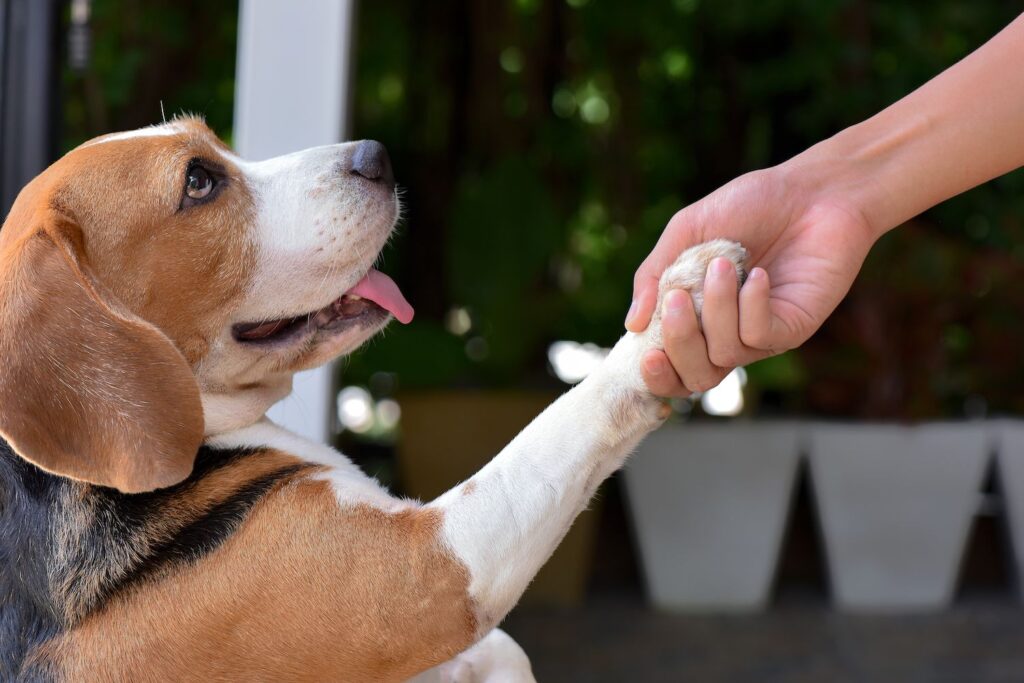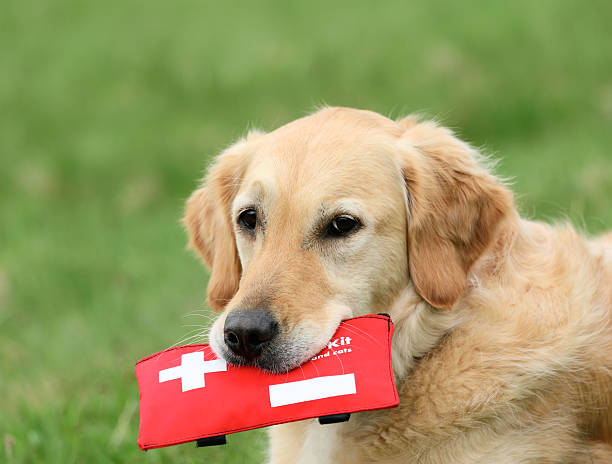Responsible Pet Breeding Practices 2024
In the world of pets and animal companionship, responsible breeding is not just a buzzword – it’s a fundamental aspect that affects the well-being of countless animals and the satisfaction of their owners. But what does responsible breeding really mean, and why does it matter?
What is Responsible Breeding?
Responsible breeding goes beyond simply pairing two animals to produce offspring. It involves careful consideration of genetics, health, temperament, and ethical principles to ensure the welfare of both the parent animals and their offspring.
Importance of Responsible Breeding
Responsible breeding is crucial for various reasons, all of which revolve around the well-being of animals.
Ensuring Animal Welfare
At the heart of responsible breeding lies a commitment to the welfare of the animals involved. This includes providing appropriate healthcare, nutrition, and living conditions for both parent animals and their offspring.
Preventing Health Issues
Irresponsible breeding practices can lead to a myriad of health issues in animals, ranging from genetic disorders to behavioral problems. By adhering to responsible breeding practices, breeders can minimize the risk of these issues and promote healthier animals.
Ethical Considerations in Breeding
Ethics play a significant role in the world of animal breeding, influencing decisions regarding breeding practices and the treatment of animals.
Overpopulation and Adoption
One of the most pressing ethical considerations in breeding is the issue of overpopulation and the importance of promoting adoption from shelters and rescues. Responsible breeders strive to contribute to the solution by breeding only when there is a genuine demand and by supporting adoption efforts.
Breeding for Profit vs. Care
Another ethical dilemma is the distinction between breeding for profit and breeding out of genuine care for the animals. Responsible breeders prioritize the well-being of the animals over financial gain, investing time, resources, and love into their breeding programs.
Best Practices for Responsible Breeding
To ensure responsible breeding, certain best practices must be followed.
Health Testing and Screening
Health testing and screening are essential components of responsible breeding. Before breeding, parent animals should undergo thorough health evaluations to identify and prevent the transmission of genetic disorders.
Responsible Selection of Breeding Pairs
Selecting the right breeding pairs is critical for maintaining genetic diversity and promoting desirable traits while minimizing the risk of hereditary diseases.
Proper Socialization and Training
Responsible breeders prioritize the socialization and training of their puppies, setting them up for success in their new homes and reducing the likelihood of behavioral issues.
Responsible Placement of Offspring
Responsible breeders carefully vet potential owners and ensure that their puppies are placed in suitable homes where they will receive the care and attention they need.
The Role of Breed Standards
Breed standards serve as guidelines for responsible breeding practices and help maintain the integrity of breeds.
Understanding Breed Standards
Breed standards outline the ideal characteristics and traits of a particular breed, including appearance, temperament, and function.
Maintaining Breed Integrity
Responsible breeders adhere to breed standards to preserve the unique qualities of each breed and prevent the dilution of desirable traits.
Education and Transparency
Education and transparency are key aspects of responsible breeding.
Educating Breeders and Buyers
Responsible breeders educate themselves and their buyers about the importance of responsible breeding practices, animal welfare, and the responsibilities of pet ownership.
Transparency in Breeding Practices
Transparent communication about breeding practices, health records, and genetic testing results builds trust between breeders and buyers and promotes responsible decision-making.
Conclusion
In conclusion, responsible breeding is essential for ensuring the health, welfare, and integrity of companion animals. By adhering to ethical principles and best practices, breeders can make a positive impact on the lives of animals and their owners.




